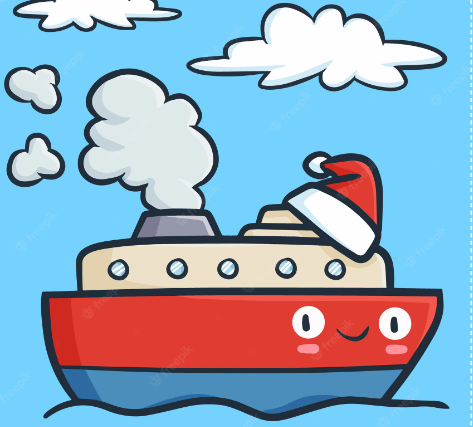
My career began in Florida with a Fort Lauderdale marine surveying company and shifted to San Diego a few years later. In these areas winterizing means wearing flannel shirts or other rare cold weather clothing, such as socks. But not much changes with respect to boats.
Our business regularly assists with insurance claims and an abnormally large volume of them currently motivated this article.
In Southern California (and Northern Florida) there are “boating seasons”, cyclic weather patterns, and typical times for rough or calm seasonal sea conditions. We have handled a few freeze damage claims, such as cracked exhaust manifolds or engine blocks. These usually come from boats stored at a high elevation and these boats should be properly “winterized”. If you want advice on hard freeze winterizing procedures, please look elsewhere.
Southern California’s winter challenges are primarily storms, travel, and lack of motivation to go to our boats.
To prepare for these wretched conditions we suggest you don your Ugg boots, go to the boat and check the life support systems.
Check your bilge pumps and automatic switches for functionality. Make sure your batteries and charging system are in good condition and will provide those pumps with the power they need through the dark winter months. Clean scuppers, drains, screens or other methods that rainwater uses to leave your boat.
Consider wireless alerts, they are available now for security, battery monitoring, high water alarms and you still have time to put them on your Christmas list. Hurry!
Do not forget to check your dock lines, chafe gear, fenders and anything else critical to keeping your boat safe during our occasional storms. Check in with your boat buddies, this is a great time for mutual assistance with your dock, marina and yacht club neighbors. Let them know when you will be gone and provide them access to check on the vessel while you’re on your snowboarding trip to the Swiss Alps or on a charter in the BVI. Offer to do the same for them.
Every Spring we get a few claims that occurred over our rainy season. Some smaller boats will have suffered “trailer submersions”. Make sure these boats are stored properly, covered, bow up and the plugs are removed. We get a few heavy mold claims on larger boats. Prevention includes eliminating any water leaks into the vessel and proper and thorough drying and ventilation after any leaks. This means checking on your boat after the storms, there should only be four of them, and we already had one.
Merry Christmas, Happy Hanukkah, Kwanza, New Years, Winter Solstice, Festivus or whatever you celebrate during this holiday season.